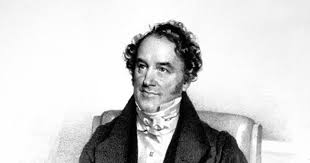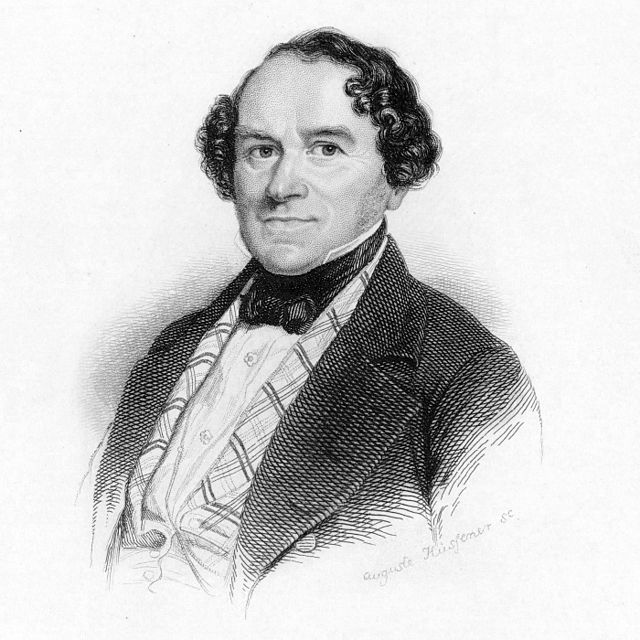Conradin Kreutzer was a prominent composer and conductor of the Romantic era, born on November 22, 1780, in Messkirch, Germany. His musical talents were evident from a young age, and he received his early education in music from his father, an organist. Kreutzer’s natural gift for composition flourished, leading him to study under renowned composers such as Abbé Vogler and Antonio Salieri.
In his early career, Kreutzer gained recognition as a violinist and conductor, performing in various orchestras across Europe. However, it was his compositions that would solidify his place in music history. Kreutzer’s works spanned a wide range of genres, including operas, symphonies, chamber music, and songs. He was particularly esteemed for his operatic compositions, which often featured captivating melodies and dramatic storytelling.
One of Kreutzer’s most enduring works is his opera “Das Nachtlager in Granada” (The Night Camp in Granada), which premiered in Vienna in 1834. The opera’s lively score and engaging narrative captivated audiences, cementing Kreutzer’s reputation as a master of the operatic form. Additionally, his ballet music, including pieces like “La mort d’Abel,” showcased his ability to evoke emotion and drama through music.
Beyond his compositions, Kreutzer was also highly regarded as a conductor. He held positions at prestigious institutions such as the Court Opera in Vienna and the Theater an der Wien. His skillful direction and innovative interpretations earned him widespread acclaim and influenced generations of musicians.
Despite his success, Kreutzer faced challenges throughout his life, including financial difficulties and health issues. Nevertheless, his dedication to his craft never wavered, and he continued to compose and conduct until his passing on December 14, 1849, in Riga, Latvia.
Conradin Kreutzer’s legacy endures through his timeless compositions and contributions to the development of Romantic-era music. His works continue to be performed and celebrated by musicians and audiences around the world, ensuring that his influence on classical music remains profound and enduring.


Comments are closed